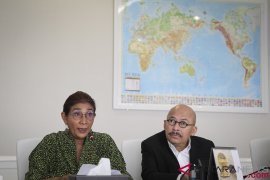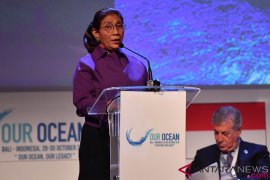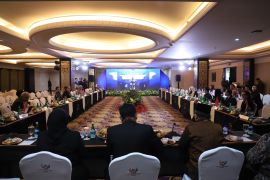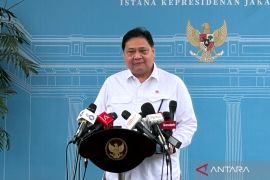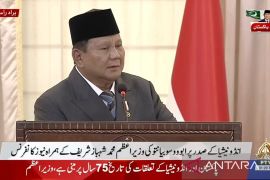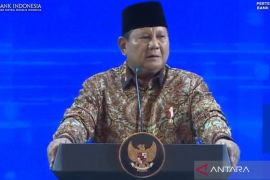Through a written statement received by ANTARA on Tuesday, she asserted that restoration of the sustainability of the seas would be more profitable for a country. Thus, she called on other governments also to focus on doing so.
For Indonesia, the GDP of the fisheries sector is currently 50 percent higher than the national GDP. Therefore, fisheries commodities can result in big contribution to the countrys deflation.
"Our Maximum Sustainable Yield of fish stock index increased from 6.5 million tons in 2014 to 9.9 million tons in 2016. This year, it is estimated to be 12 million tons," Pudjiastuti noted.
The Ministry of Maritime Affairs and Fisheries continues to invite all stakeholders, including the local communities, to conduct joint efforts to eradicate destructive fishing practices using bombs and fish poison.
According to the Maritime and Fisheries Resources Monitoring Director General, Eko Djalmo Asmadi, only 200 grams of explosives used in the practices of destructive fishing can cause damage to 5.3 cubic meters of coral reefs.
"Some areas that are prone to destructive fishing have been mapped by the police," he noted.
Blast fishing typically uses a systematic mode by four teams to conduct initial review, explosive carrier, detonator activation, and fish collection.
The ministry often finds it difficult to crack down the agents of destructive fishing as they usually find only the equipment left by the perpetrators.
This year, the Ministry of Maritime Affairs and Fisheries empowers community watchdog groups to help detect and prevent destructive fishing as well as work together with the NGOs to create media campaigns.(*)
Editor: Heru Purwanto
Copyright © ANTARA 2017
